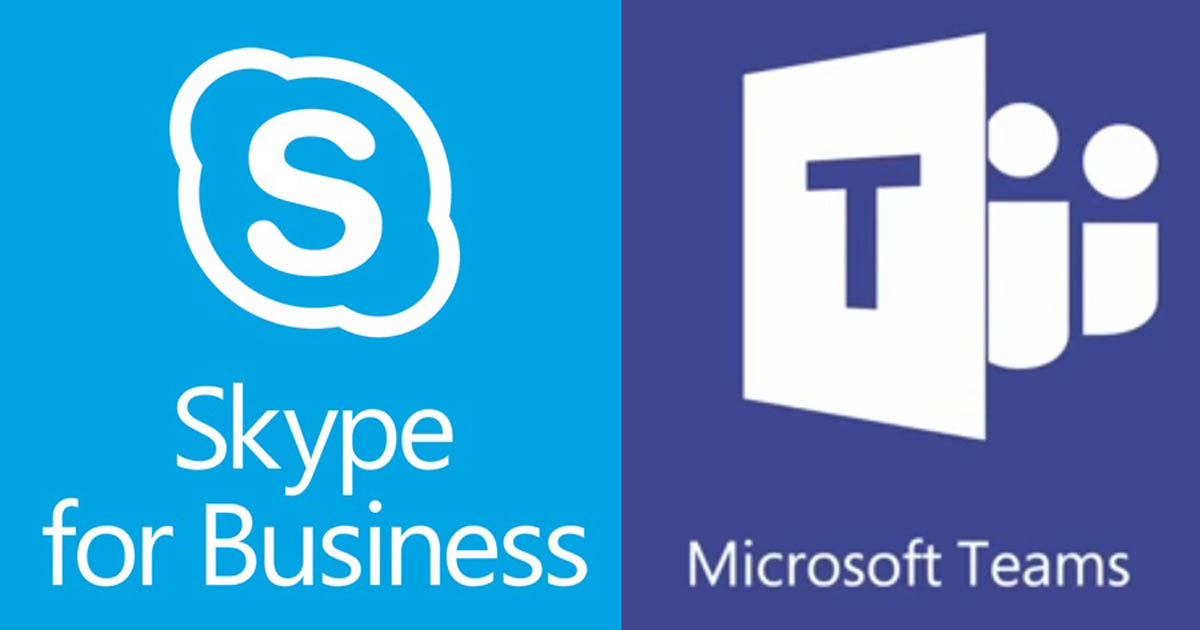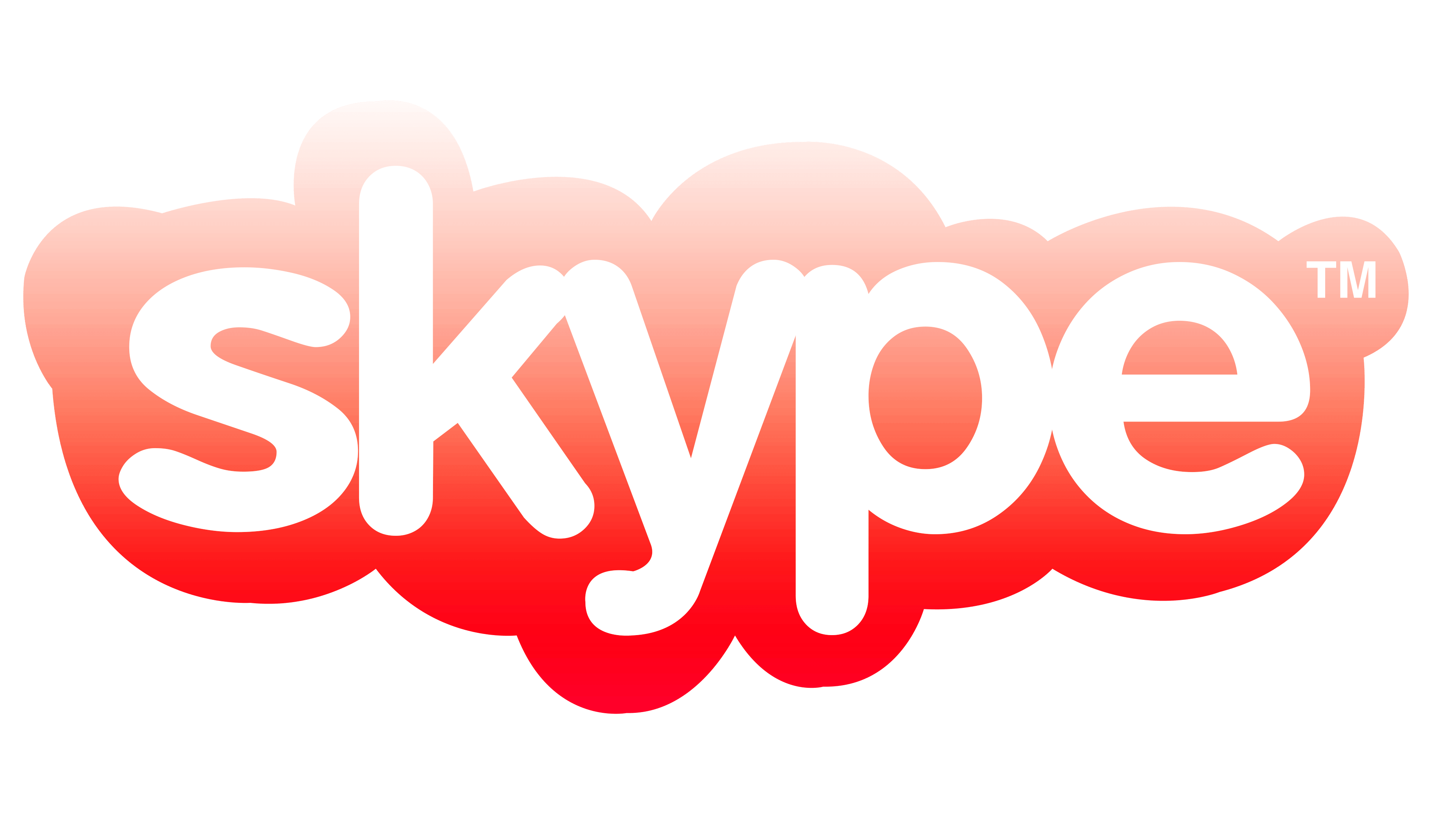

“Skype just had that download it, install it, and it works.”Īs one of the first to sign up to Skype, Hartenbaum got his pick of usernames. “It was the first product my mother could install,” says Tluszcz. It did not come up with the idea, but it made it work better than anyone else. Skype did not start as a video conferencing service: its original motivation was free voice calls. “When people say ‘Hey I’ll Skype you’, I’m like: ‘I don’t even use it any more’.”

“It’s just a sad story of a great brand,” says Mark Tluszcz of venture capital firm Mangrove Partners, who alongside Hartenbaum was the first outside investor in Skype, and user number seven. Instead the company, which has been owned by Microsoft since 2011, has become something of an also-ran, right at the opportune moment for the technology it pioneered. In a parallel universe, Skype could have been all of these, a video chat app to rule them all.

Zoom has become the service of choice for everything from government meetings to virtual pub quizzes, growing from 10m to 200m daily users in three months. Houseparty and Google Hangouts have shot up the app charts. Video calls on WhatsApp and Facebook Messenger have more than doubled in countries hardest hit by the virus.

After shaking hands, he wired an initial investment to their bank account before anything had been signed.Īs the coronavirus pandemic sweeps across the world, forcing us to stay indoors and avoid others, video calling has exploded. Hartenbaum flew to Sweden, and over two days and nights, they sketched out a business plan. “They were kind of the bad boys who had gone after the Recording Industry Association and then they were going to do the same to the telcos, which was another industry that everybody hates,” says Hartenbaum. He and business partner Janus Friis had an idea even bigger than Kazaa: an internet phone call service that would bypass the telecoms network that charged usurious rates for long-distance calls. But when Hartenbaum eventually got hold of his man, Zennström said he was working on something new. Kazaa, which at peak times was responsible for 40pc of internet traffic, had become a global sensation, used by millions to download mp3s for free, and the record industry was trying to sue Zennström for billions.Ī contact in Stockholm eventually put the two in touch. He was trying to get hold of Niklas Zennström, then known as the brains behind the file-sharing application Kazaa. Howard Hartenbaum is one of a few people to have what was once a rare and sought-after asset: a Skype username that is simply his first name: “howard”.īack in 2003, Hartenbaum was living in Luxembourg and working for the Silicon Valley venture capital firm Draper Richards.


 0 kommentar(er)
0 kommentar(er)
